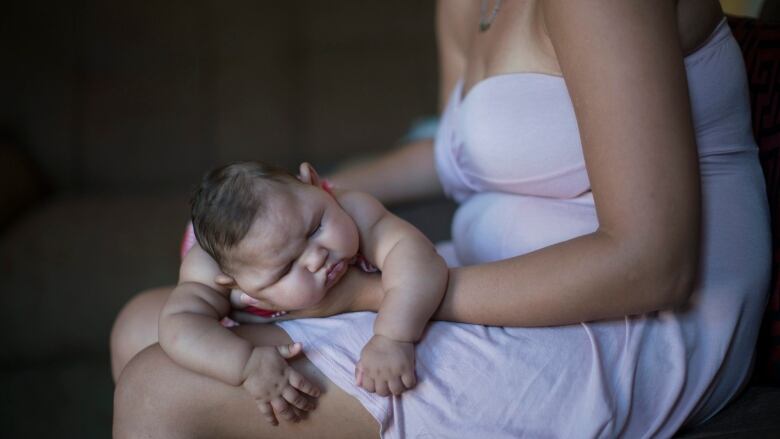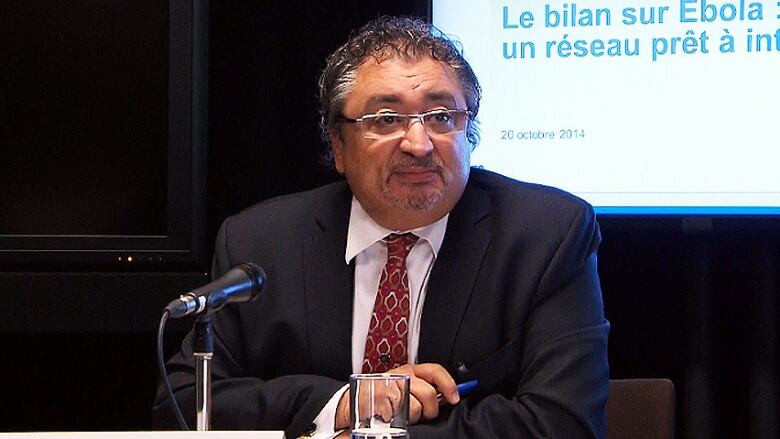Zika outbreak unlikely in Quebec, top doctor says
Chances of contracting Zika in Quebec 'practically zero,' according to public health officials

Quebec public health officials are seeking to downplay fears of an outbreak of the Zika virus in the province.
The chances of contracting the virus in Quebec are "practically zero," Dr. Horacio Arruda, director of Quebec Public Health, said in a news release Friday.
But Arrudaalso warned that Quebecerswho visit Central and South America should take precautions, especially women who are pregnant or thinking about having children.
The one reported case of the virus in Quebecwas contracted while the patient was outside of the country.
Arrudasaid thewoman was infected while travelling in the Carribean in early January. She was not pregnant, but showed symptoms and is fine now.
- Zika virus may be linked to birth defects in Brazil, health officials say
- Zika virus cases brought back to Canada are few, health officials say
- Pregnant women in Canada, U.S., urged to postpone travel to Zika-hit countries
Quebec's climate makes it unlikely the mosquito-born virus would be able to survive here, according to Arruda.

The virus causes only mild symptoms in most people, but is suspected to cause birth defects such as microcephaly, a rare birth defect that sees babies born with unusually small heads.
Given the potential risk to pregnantwomen,Arruda suggested they avoid traveling to high-risk areas, or at least toconsult a health professional before leaving.
"If she must go there, she must protect herself against mosquito bites by wearing long white clothes and make sureher skin is not exposed to mosquitoes," he said. "She can use some mosquito repellents."
Those who do travel, and do contract the virus, are unlikely to transmit it to other people once back in Quebec, Arruda added. It requires climatic conditions that can support the virus-carrying mosquitoes.
"If you go travelling over there, [and] you come back, you will not transmit the disease to another person," he said.
Hma-Qubec will follow Canadian Blood Services in refusing blood donations from countries where the virus is present.
The two bodies are collaborating in establishing guidelines for who will be restricted from donating and for how long.
"We'll most likely announce the criteria in the coming days," said Laurent Paul Mnard, a spokesperson for Hma-Qubec.
Mnard added that the guidelines will be uniform across the country.
with files from Radio-Canada's Davide Gentile












_(720p).jpg)


 OFFICIAL HD MUSIC VIDEO.jpg)
.jpg)



























































































